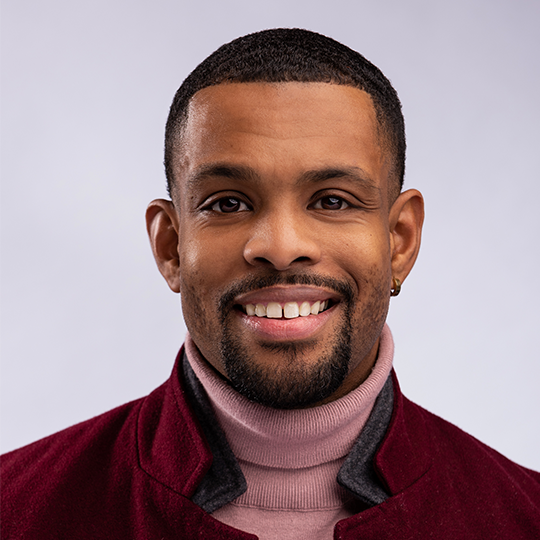July is Minority Mental Health Awareness Month, which is observed each year to call awareness to the struggles that many racial and ethnic minorities face regarding their mental health. This year, it has been inspiring to see the amazing conversations taking place to encourage minority groups to become vocal advocates for their mental health. There are ongoing setbacks that have a tendency to plague minority groups when it comes to learning about and addressing their mental health. Today I would like to focus on the misperception that being open about mental health struggles will cause shame to one’s family.
From my own personal experience, and through the work I’ve been doing in the mental health space, I have seen firsthand how the idea of family shame can impact the ability to be open about mental health struggles and past or present traumas. Many of us have heard it said in different ways … quotes like “what happens in this house stays in this house,” “this is just a white person’s problem,” “we don’t need people to judge our family,” “you’re going to bring shame to the family name if you share this,” and the list goes on. Whether we recognize it or not, a lot of these sayings have been so deeply embedded within us that we start to accept with them as our truths.
We care about our families, and we want to keep them safe. But it is important to ask ourselves is this safety causing more damage for me and my mental health? I believe that as we heal, it can be done in a way that doesn’t demonize our loved ones, but actually builds a bridge that benefits everybody involved.
There are several things that we can do to overcome the ideology around family shame when seeking care for our mental health. First, it is important to note that when choosing to take the path toward freedom and healing, it might make other people uncomfortable. If you’re like me and you are an over thinker or people pleaser, it can be very difficult to get to a place where this seems realistic. I’m here to let you know that it is. In order to choose ourselves in moments like this, we must better understand ourselves and approach healing through radical Love. This causes us to make ourselves a priority in moments where we would normally choose others first.
The next thing we can do to help ourselves overcome the notion of family shame is to check our motive and heart when speaking out. I say this cautiously as someone who ended up hurting individuals at the beginning of my mental health journey by sharing too much without considering my choice of words and intent. What I have since learned is that it’s important to remember that the people who are part of your story may have matured or grown from the person we remember them to be. I believe healthy communication is an important part of maintaining relationships when sharing in moments like this.
Finally, take the time to unlearn all of the unhealthy quotes and ideas that have been placed on us within our household and in our communities over time as it pertains to minority groups and their mental health. To grow, we need to debunk myths and learn the facts around mental health. We all have a mental health and we have the opportunity to embrace new ways of thinking and acquire the help that we so rightfully deserve.
These are just a few simple things that we can do to overcome family shame. In all that we do to improve our emotions and state of mind, we can and should choose ourselves. Our mental and emotional health is a priority of self-care and an important part of healing. As always you are not losing in life, you are not failing, you are simply Between the Dream.

Born and raised in Chicago, Illinois, Richard Taylor Jr has created an impact over the past decade as a powerful leader and voice of impact for men, women, and children around the world. Taylor is the Founder of TaylorMade Empowerment, a self-published author of seven books, Board of Directors member for NAMI Eastside and host of a global podcast. He is also a highly sought-after speaker who brings an empowering message of victory by creating a unique way to make the conversation of mental health easier and digestible for all of his audiences.





